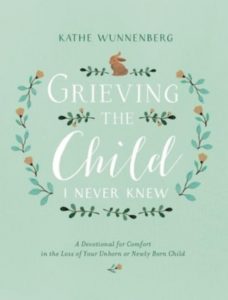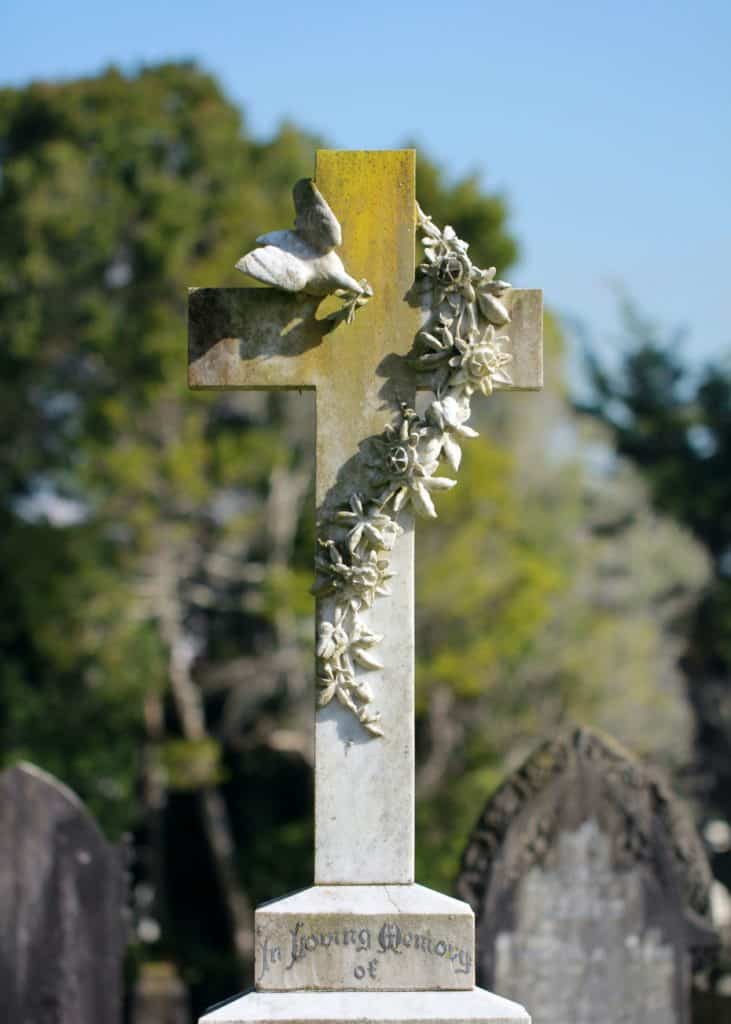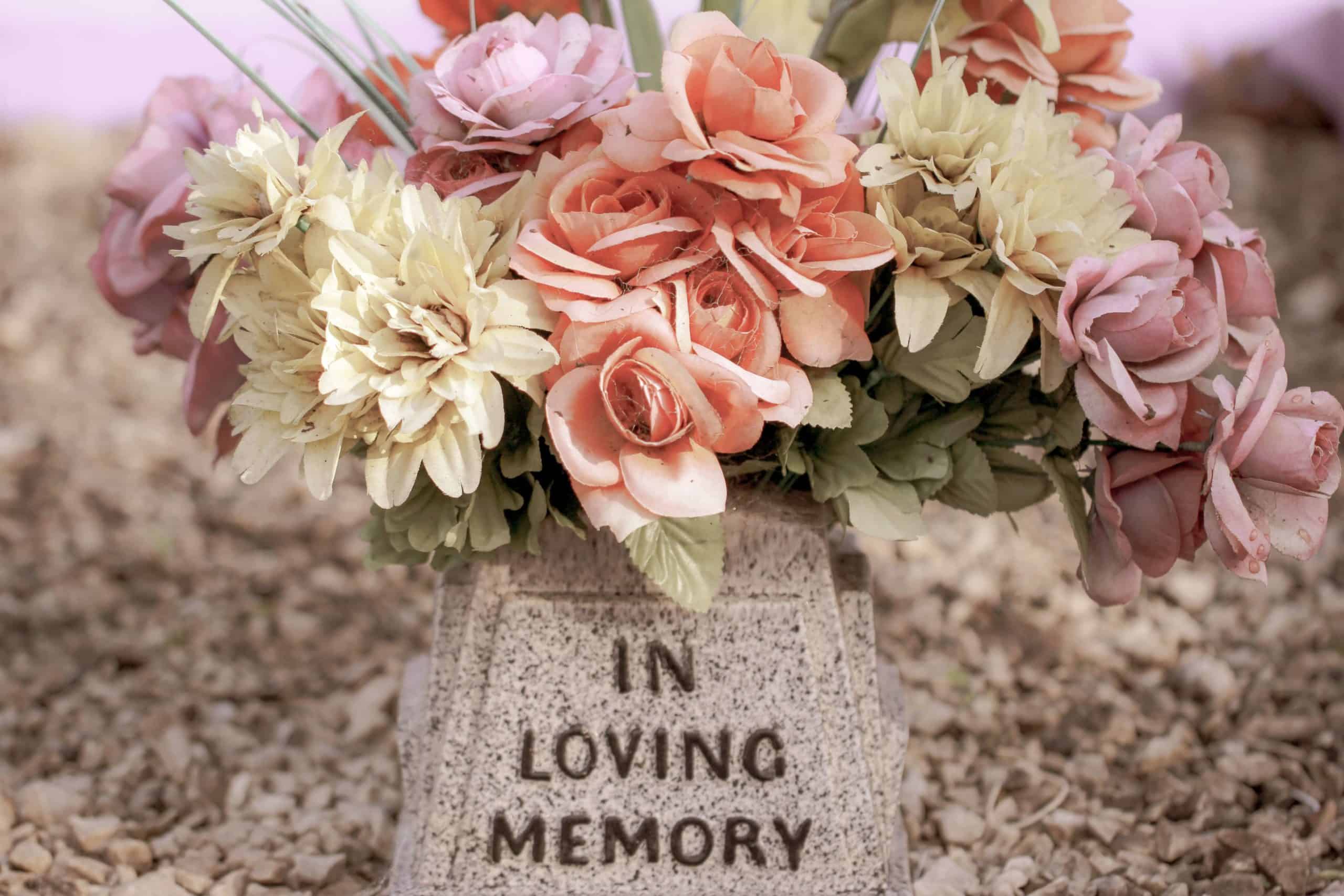The image I never forgot
It has been 11 years since I walked into a memorial service and cast my eyes on a miniature 20-inch coffin. The sight of the grief-stricken mother, Sarah, staring at the wooden box with eyes that longed for its contents has been unforgettable. When attendees to the service raised the question if a funeral was necessary, Sarah’s heartfelt response answered the unspoken accusation. Joel’s life mattered. It should be honored. Yet, it is still hard to know what to say to a grieving mother after losing a baby. Approaching parents with the conviction that their child mattered may be the greatest and most comforting gift of all.
What is a stillborn baby or miscarriage?
According to the Centers for Disease Control and Prevention website, a miscarriage is usually defined as losing a baby before the 20th week of pregnancy. A stillbirth is the loss of a baby at or after 20 weeks of pregnancy. Stillbirth affects about 1 in 160 births, and each year about 24,000 babies are stillborn in the United States.
Losing an unborn child
Tara, a nurse who works in the NICU at our local hospital, lost her daughter, Blakely, at 36 weeks gestation. She describes her trauma, “The only way I can describe what I was feeling was disbelief and shock. I immediately went numb from head to toe. Delivering her and holding her brought about a whole new level of emotion. The days, weeks and months after that moment were very difficult for me. It was hard to live life because the rest of the world was still moving, and I felt like my life was standing still. I felt as if Blakely was going to be forgotten about, and that gave me a strong drive to help keep her memory alive.”

The Lord is near to the brokenhearted ...
Psalm 34:18 Tweet
It would be a disservice to a grieving mother or father to say that every parent responds to grief the same way. One parent may want to talk about losing the baby, while another grieving parent refuses to speak openly about their child. There does appear to be one common desire that parents share: the need to know that the life of their child mattered.
Pregnancy and infant loss awareness for family
My daughter’s pediatrician asked me, “Do you have any more children?” I answered, “Yes, she has a brother.” Imagine my surprise when my six-year-old sternly corrected the matter demanding, “I have two brothers. One is in heaven.” It had been three years since I had miscarried, and we had no idea that our youngest carried pain from the loss.
While every family expresses their grief and loss differently, the extent of their sorrow can be far-reaching. The hole left in the family is more evidence that losing the baby really did matter.
“Grieving is hard enough on its own, but it was hard to balance my grief while still parenting my son. He felt every emotion right along with my husband and me. The last thing I wanted to do was somehow traumatize him.” – Tara Barnes
There are many books and websites dedicated to answering questions and giving advice to those experiencing pregnancy loss.
- Sufficient Grace Ministries has listed helpful insights into what to expect and how to recover from preborn child loss.
- I’ll Hold You in Heaven. Jack Hayford offers compassionate, reassuring answers for parents who’ve lost children through miscarriage, stillbirth, abortion, or early infant death.
- Bridge’s Cradles focuses on healing quotes and scriptures and offers insight into grieving families. In addition, they have ideas for memorials and processing grief.
- Hope for Today, Promises for Tomorrow. Finding light beyond the shadow of miscarriage or infant loss.
- Buried Dreams: From Devastating Loss to Unimaginable Hope.

Grieving the Child I Never Knew
A wise and tender companion book for mothers whose hearts have been broken--mothers whose dreams have been shattered and who wonder how to go on. A devotional with thoughtful questions and journaling space.
Infant loss memorial ideas
Tara says that reading the Bible, books, and daily devotionals related to loss were helpful to process the stillbirth and Blakely’s absence in her life. Her compassion for those experiencing the same loss inspired her to create a Facebook Page called Blakely’s Breath of Life. Out of this ministry, she distributes beautiful bereavement boxes to the hospital for parents experiencing a similar loss. She has a book, The Truth I’m Standing On, scheduled to be released in November that tells her story with the hope of bringing healing to other mothers.
On Joel’s birthday, Sarah quietly goes to a bakery and pays for a birthday cake that has been ordered for another child. This compassion for others who are hurting comes naturally from those who have suffered inconceivable loss.

Other parents and loved ones affected by stillborn births and miscarriages celebrate the lives of their little ones through the arts. A few years ago, I found a song by Craig Aven called “The Perfect Way To Start.” The writer put into words what my heart wanted to express but did not know how to articulate
Healing from trauma of losing a baby
Tara returned to work three months after Blakey’s passing. “God gave me the strength to step back into that hospital and care for those precious miracles. I can’t explain how hard that was for me. It’s been 14 months, and there are days at work that are still hard. I cannot go to work without thinking of her. I take care of patients in the same postpartum room where we spent our time holding and loving on her. Losing Blakely will impact me for the rest of my life.”
Perhaps one of the most healing decisions a parent or family member can make after having a loss so significant as a loss of life is to allow themselves to be comforted. Matthew 5:4 says that those who mourn will be comforted. There is, however, a prerequisite for receiving this comfort, and it is found in Matthew 2:18. Comfort can only take root and bring healing if we accept it
“A voice was heard in Ramah, weeping and loud lamentation, Rachel weeping for her children; she refused to be comforted, because they are no more.”
Matthew 2:18 Tweet
It is a lie that grief keeps us closer to the ones we have lost. It connects us to the trauma, but not to the life. In addition, the presence of grief is not what validates the life. Genesis 37:35 records that Jacob refused to be comforted after his son was reportedly killed. The effect Jacob’s grief had on his children was significant, as recorded in chapter 44. Jesus sent the Holy Spirit as a comforter for a good reason. If a parent will receive Him, Psalm 34:18 promises that the Lord is near to those who have a broken heart.
Important Responses to Stillborn and Miscarriage Trauma
Tara and Sarah both had times when friends and family were present but silent. Even when they did not know what to say, just having loved ones around brought comfort. When words aren’t adequate, thoughtfulness and a gift of time may be consoling to the one grieving. Since everyone processes differently, it may be a good idea to simply ask what might bring comfort. A good starting point of knowing what to say or do to help the hurting is to let your actions show that you celebrate the child’s life but mourn the loss and that, yes, that little one mattered.














